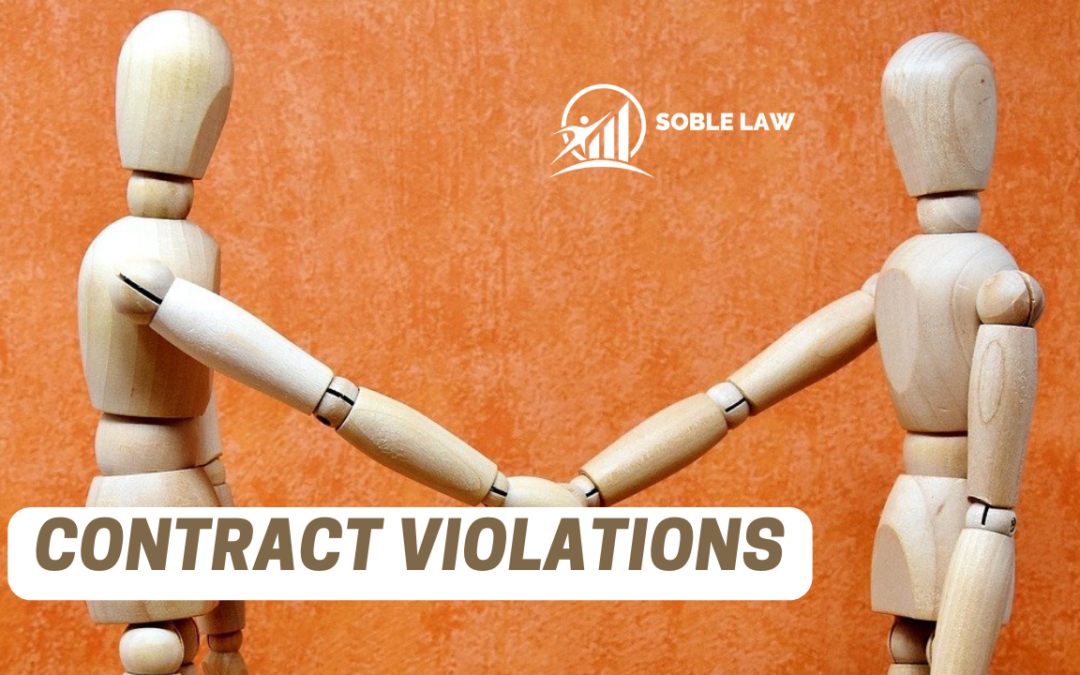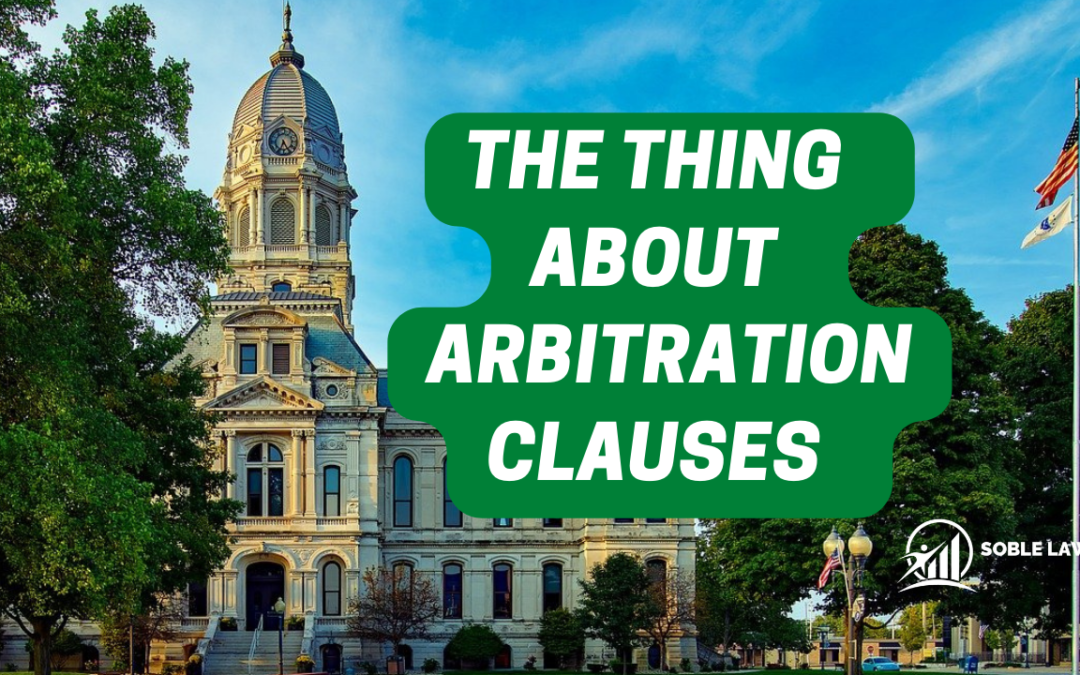5 Tips for New Real Esate Investors Severing Property
With the steady influx of property investors seeking to stake their claim in the phoenix, that is Detroit, comes various investment property management challenges. Listed here are common problems that new real estate entrepreneurs face when moving to sever the property rights of a delinquent property owner or tenant.
The Tenant / Occupant Won’t Leave
Avoid “self-help”. Landlord “self-help” for locking out an occupant is, with rare exceptions, illegal and has serious financial and legal consequences. The same is true for investors who seek to extinguish a mortgage or land contract. An eviction action is required when the former homeowner or even their tenant remains on the property after the foreclosure redemption expires. The mere fact that the redemption period has expired does NOT give the lender rights to enter the property. Shutting off utilities or changing door locks is considered “self-help” and can expose an investor to liability in actions of trespass, property damage, and even emotional distress.
Solution: file a legal action for eviction and secure a judgment and writ for eviction. I know of several cases where an investor is ready to close on the sale of their property, only to be sued by a former owner or tenant whose legal interest in the property had not been properly extinguished.
Former Property Owner / Occupant Files Bankruptcy
Equally as serious as landlord “self-help” is when a creditor violates an automatic stay after the tenant or homeowner files bankruptcy. An automatic stay halts collection activities including eviction and foreclosure actions. The “stay” has to be lifted by a federal court order. Creditors such as landlords and mortgagees who knowingly violate a bankruptcy stay face severe fines, sanctions, and attorney fees. They may even have to pay damages.
Solution: once notified of an occupant’s bankruptcy, stop all collection efforts until you have a signed order “lifting the stay”. When in doubt, consult with legal counsel.
Understanding Choices of Rights and Remedies
Investors, particularly those who purchase out-of-state properties, should know what type of property interest they hold and their legal rights. In Michigan, mortgage holders do not have a fee-simple interest in a property, only a lien interest. So when a former property owner abandons the collateral, an investor cannot legally sell the home until they foreclose out the homeowner’s interest or unless they obtain a Deed in Lieu of foreclosureb (DIL).
More importantly, investors need to know which legal process to use to accomplish a specific goal. For instance, in a land contract matter, a judicial sale can be used to preserve a deficiency for a vendee’s default, whereas a land contract forfeiture gives the land contract vendor possession only.
Solution: investors should consult with a real estate attorney licensed in the state where they plan to invest and clarify their legal rights before they engage in purchasing investment properties or pursuing legal action.
Property Tax Foreclosure
It is not uncommon for investors to run up against property tax foreclosure deadlines, as delinquent taxes are an inherent part of purchasing distressed properties. Until proper due diligence is performed, it makes little economic sense to initiate any legal actions for foreclosure, eviction, or forfeiture if the property would only be lost to tax sale before an investor’s legal action is completed.
Solution: perform a title search and arrange to to pay the taxes before initiating legal action.
Deeds in Lieu of Foreclosure
A Deed in Lieu of foreclosure (“DIL”) is a deed executed by the homeowner that satisfies a loan in default in exchange for the mortgage holder to forgo the foreclosure process. However, taking a DIL without performing a title search or without drafting the proper supporting documents, is rife with problems.
First, a DIL is similar to a quitclaim deed in that the mortgagee takes title to the property with all liens, encumbrances, and assessments that the former property owner incurred on the property. Sometimes the amount of liens are so excessive that it makes more sense for the investor to foreclose on the property and pursue a deficiency action against the former property owner.
Second, specific legal provisions are required in the DIL documents, without which an investor can experience difficulties foreclosing out subordinate lien interests or in obtaining title insurance for a later sale of the property.
Solution: perform a title search and if you plan to take a DIL, don’t do so without having a qualified attorney first prepare DIL documents.
Online or Self-Generated Documents
There is an adage that “a contract is valid until someone legally challenges it”. Property investors are often surprised to learn that their self-prepared documents may violate federal or state laws. Unfortunately, they only discover this at court, placing their own legal interests in jeopardy. Indiscriminately using online or “boilerplate” forms to prepare a land contract, private mortgage, or lease back can be legally hazardous. For instance, selling back a property to a former homeowner raises federal compliance issues under RESPA (Real Estate Settlement Procedures Act) and leasing back a property to a former homeowner creates a landlord / tenant relationship that ironically requires the investor to obtain a Certificate of Occupancy and make city required repairs on the former homeowner’s home.
Solution: rely on an experienced real estate lawyer to review and draft the state-specific contracts that will be used in property transactions. It will reduce future legal headaches, losses, and uncertainties.
Conclusion
Don’t be the “Test Case”. When in doubt of how to legally proceed with severing a former property owner’s rights, it is best for the new real estate investor to seek out an experienced real estate lawyer.
If you liked what you read,
check out our related YouTube videos




















